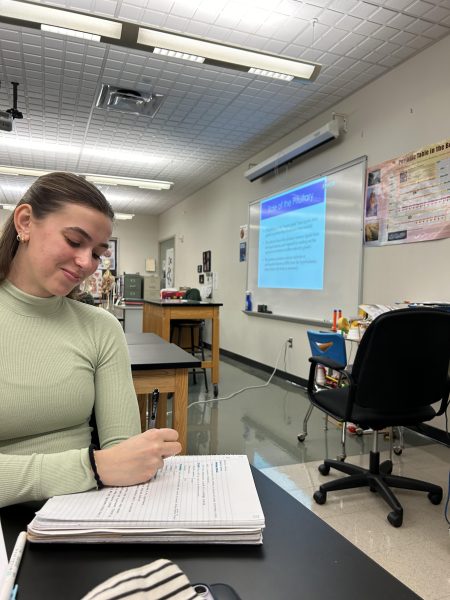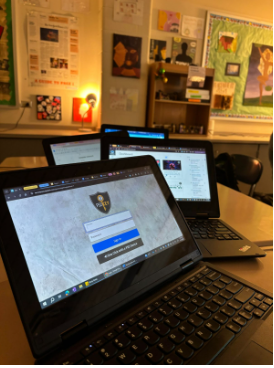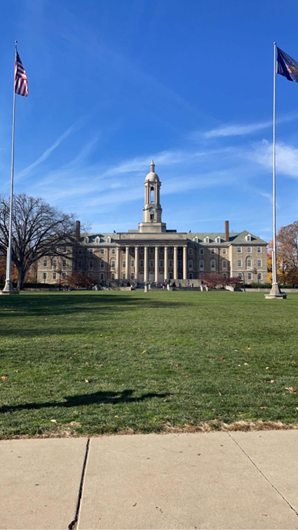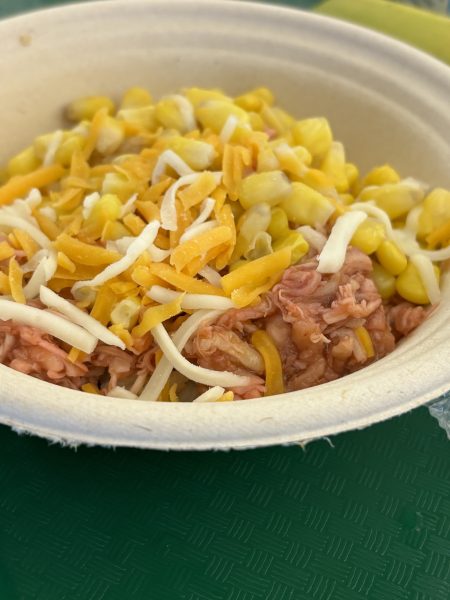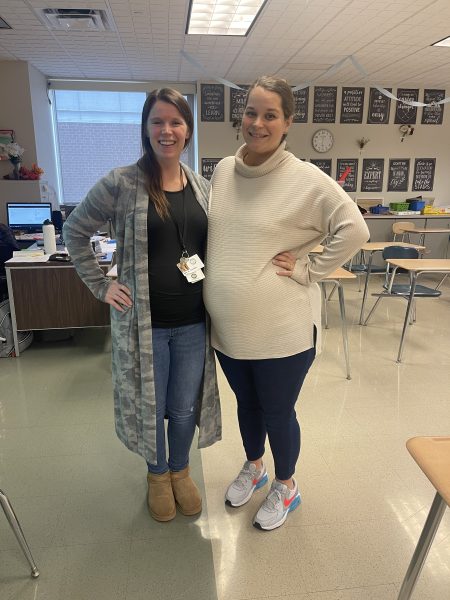What is a Legacy?
In response to this question, a wise man once said, “It’s planting seeds in a garden that you never get to see.”
As a senior less than two months away from graduation, in the recent past, I have had friends of old confide in me about this topic, as I myself have often pondered it. Once we graduate, who remembers us? Who tells our stories in Pennridge? And on top of that, how are we remembered? It is bizarre to think about the seniors I met when I was a freshman. After my class graduates, there will be no students left to talk about them and the influence they had. Sure, the influence remains, but without a name attributed to it, and that will happen to every graduating class one day.
My sophomore year, I took an accelerated Spanish course, and was the only underclassman in my class. I made close friends with many of the juniors and seniors there, but it is now shocking to think that I am the only one left in Pennridge from that class, the only one left to pass down the stories. And who then, when I step off the school’s property one last time?
What then should we do? Is the idea of a legacy vanity? By no means. I cite a Greek proverb (whose first speaker is unknown)- “Society grows great when old men plant trees in whose shade they know they shall never sit.”
That same school year, the gifted education program offered a challenge to its students called the Legacy Challenge. The idea was to create a project dealing with a current event or world issue, and the project was meant to be carried on after the individual left Pennridge, if he or she succeeded. Having been a self-proclaimed Christian for about two years at this point, I made a controversial decision, independent of the gifted program, that it was not my legacy I wanted to leave, but the legacy of Jesus I wanted to carry on. That has lasted millennia, and I felt that donating myself to a cause greater than myself would be worthwhile. I enlisted another Christian friend, one year my senior, to help me co-found the group, and we branded ourselves CLC- Carrying the Legacy of Christ.
The group had humble beginnings, consisting of myself and Andrew Bergey (my co-leader), a few other people we knew were raised in Christian homes, and a young woman I had led to faith earlier in the school year. After about a month, things quickly advanced. Instead of four people, we had five in regular attendance, and then six and then seven and then eight, and the group grew. We began to fulfill the goal for which Andrew and I created the group, by bringing in people who were not of the faith and encouraging them to seek God, and we even saw a handful of people come to faith through the group’s evangelistic efforts.
The next school year (my junior year), we started with a bigger and more devoted core group of eight, plus several others who wanted to come, so we had meetings of about a dozen. Small groups of us would teach at other extracurricular activities when there was time, and those nights bore even more fruit than our meetings, to the point where we had a core group of about ten by January 2020, plus additional attendants. The COVID-19 pandemic threw a fork in the road, but by April, we held Bible studies over Zoom, which saw as many as 20 people, more success than the group had meeting in person. We even had smaller Zoom Bible studies on off days, like one for deeper text readings and every so often, one for just hanging out.
In reflection on the group, Andrew says, “It helped me develop deeper relationships with people in my school, many of whom I didn’t know very well before CLC. It was also fun to play games and just fellowship with people. Additionally, it was good to spend more time engaging in the Bible with others and to participate in spiritual conversations with people at many different places on their religious journey.” The group’s efforts faltered a little bit after the graduation of Andrew, though I appointed Matt Grosella, the group’s most faithful attendant, to be co-leader. CLC started meeting in person in August, and we had a bigger presence of non-Christians, who I was glad to see engaging in discussions as well as games. We are seeking faithful Christians to take up the torch when Matt and I graduate, but until then, we don’t have long to go until our direct influence ends.
So, what then did I learn from this Legacy Challenge? To be honest, not a lot. It helped people and its purposes reached far, but I learned more reflecting on the significance of those things than I did from the experience itself. For, if Matt and I graduate and the group falls apart, we’ve still made our mark. We’ve still helped people. We’ve still carried the legacy of Christ, and such influence will stand the test of time, as the people we reached will reach out to others. The influence shall spread. Though we may not sit in their shade, we have planted seeds to be trees that will grow very great and mighty, and I hope that someday, people will sit in their shade.
You will know you have left a legacy if your influence outlasts you, and that is what I want for the things I stand for.
Johnny Sarro, grade 12. His interests are linguistic, historical, scientific, and musical studies. He is involved with marching band, jazz band, and musical...



